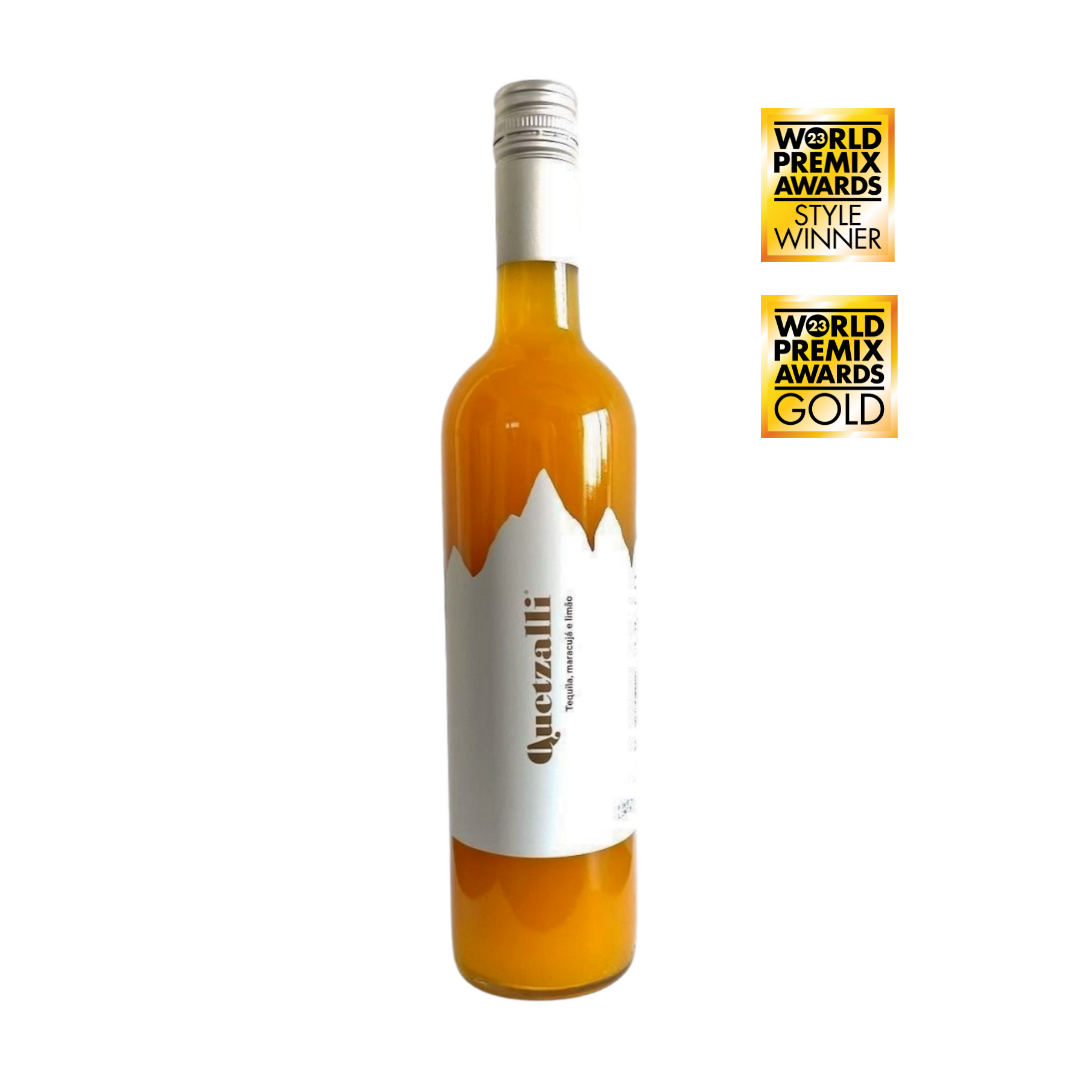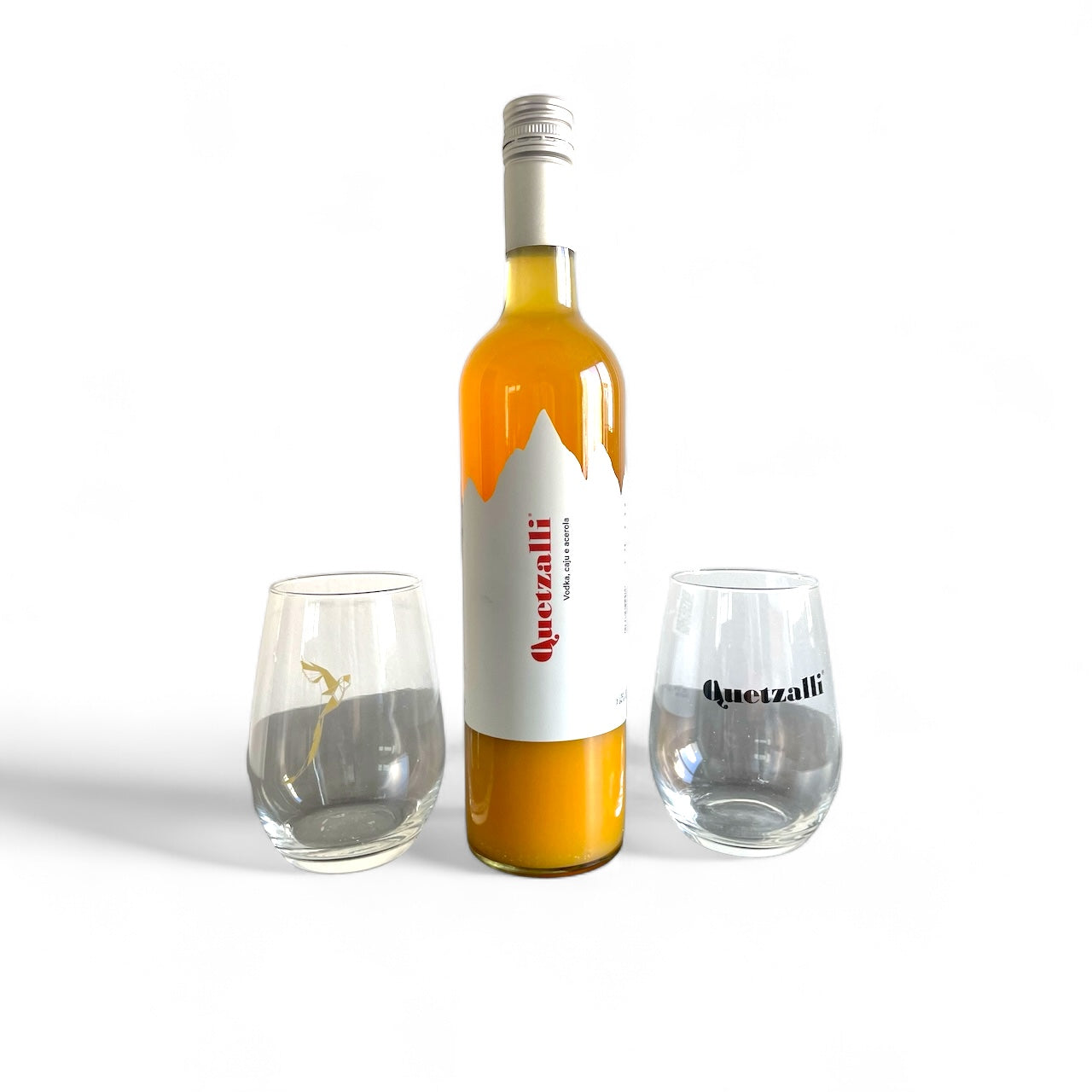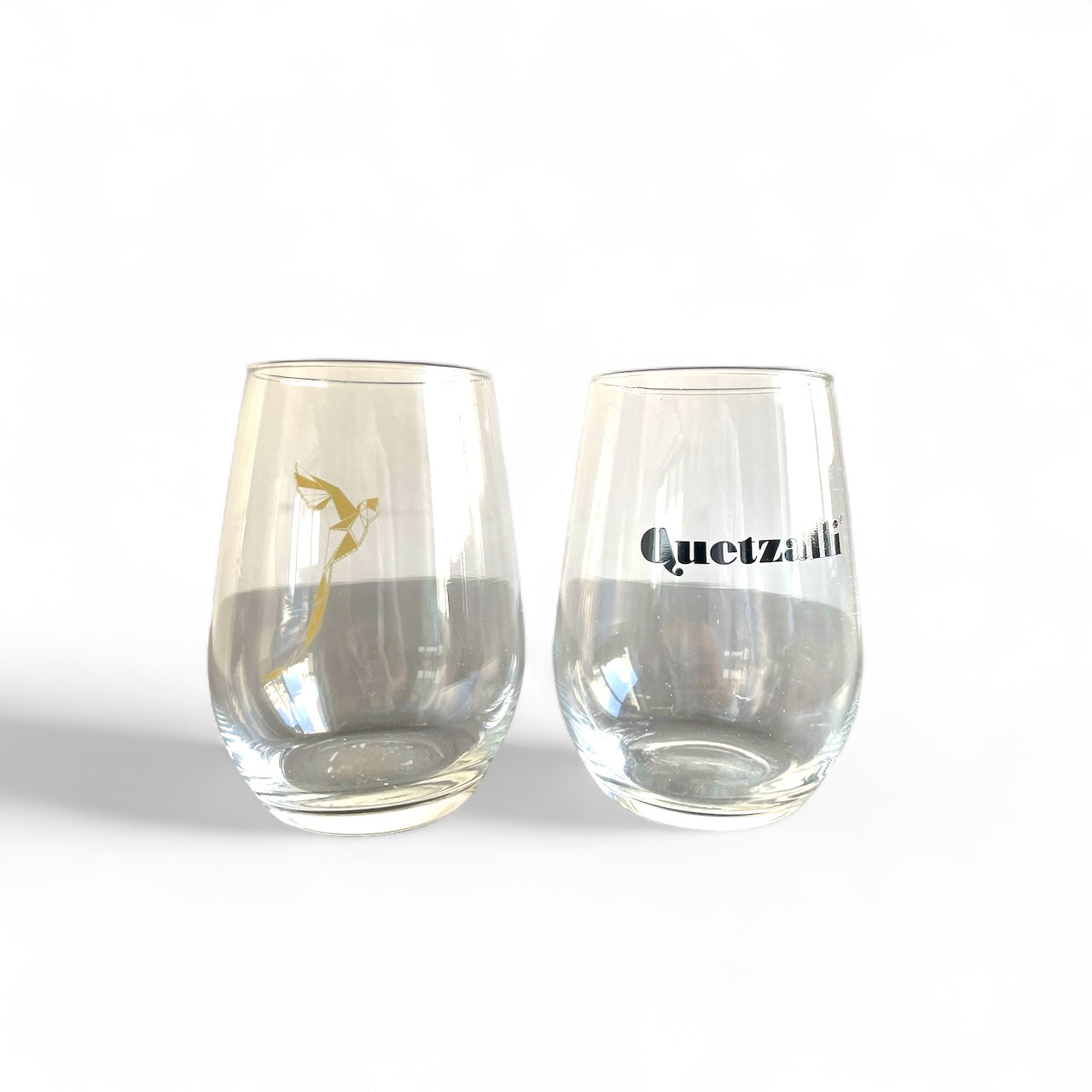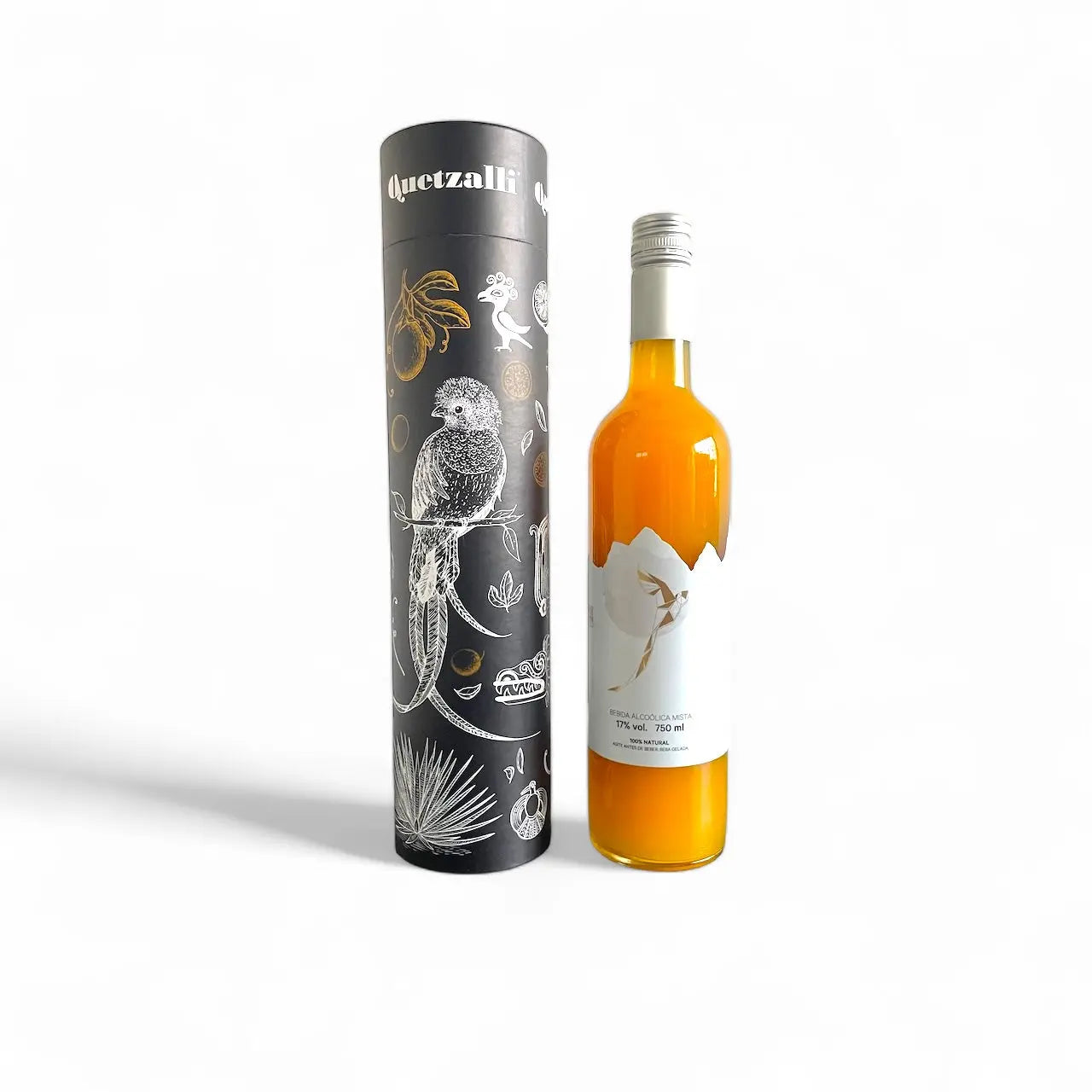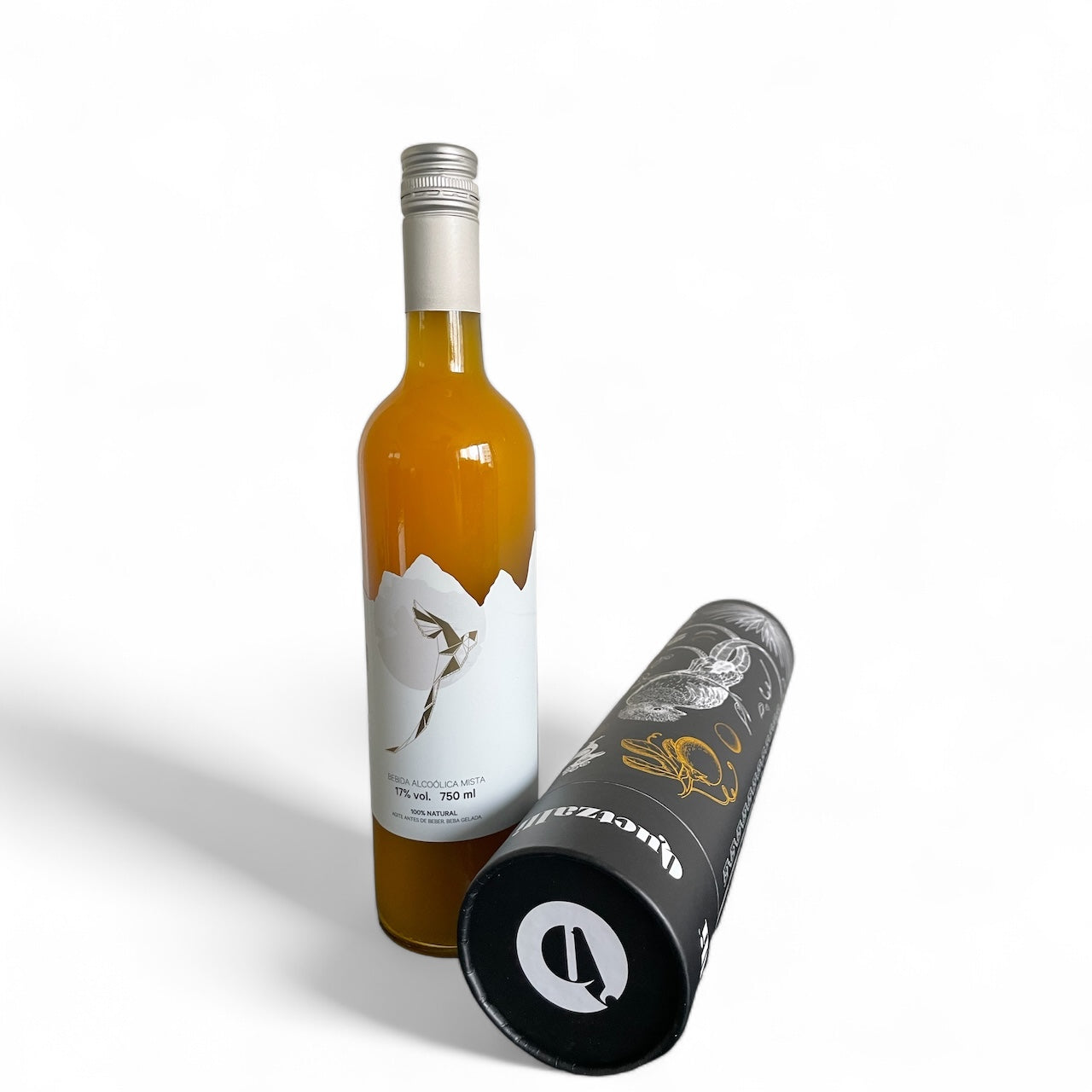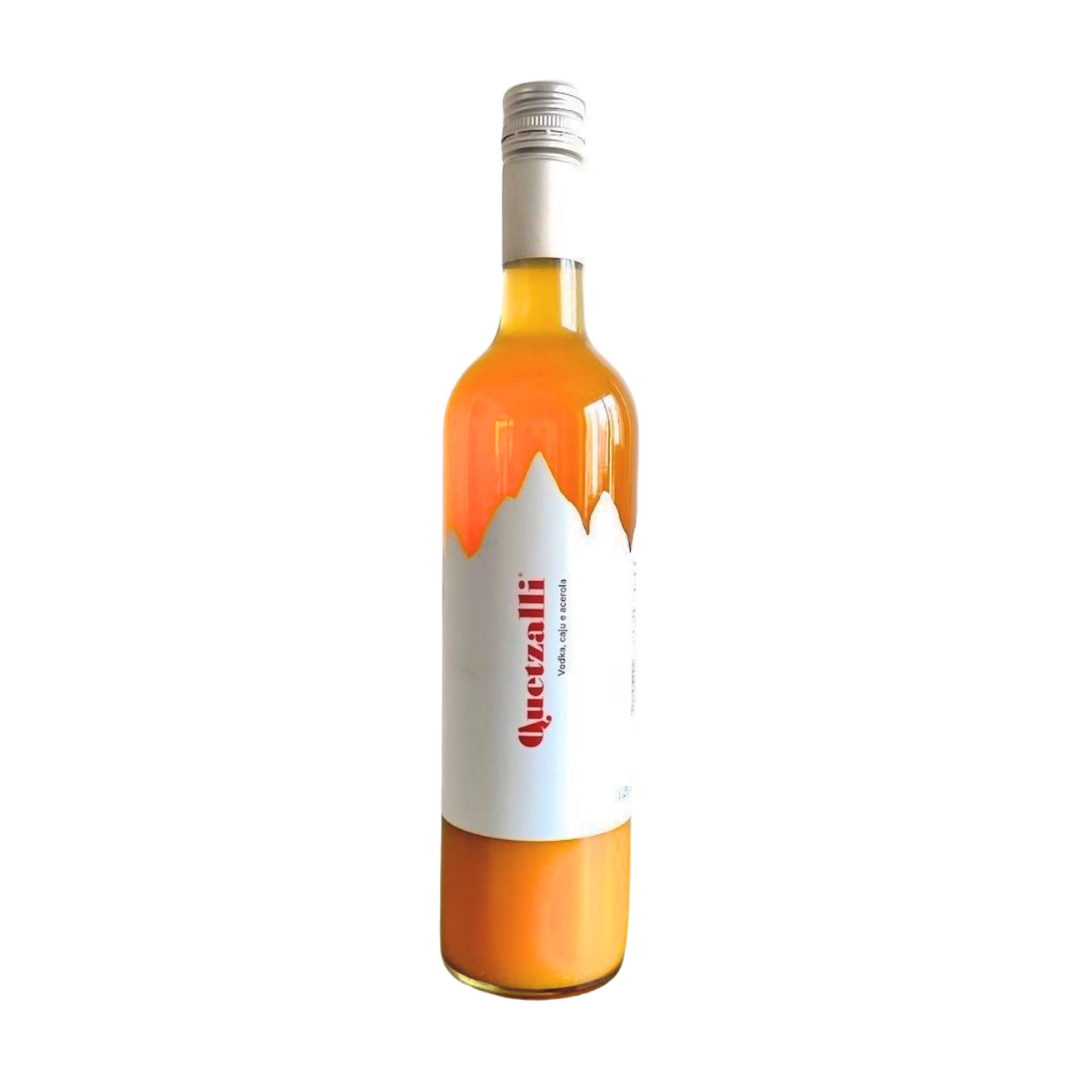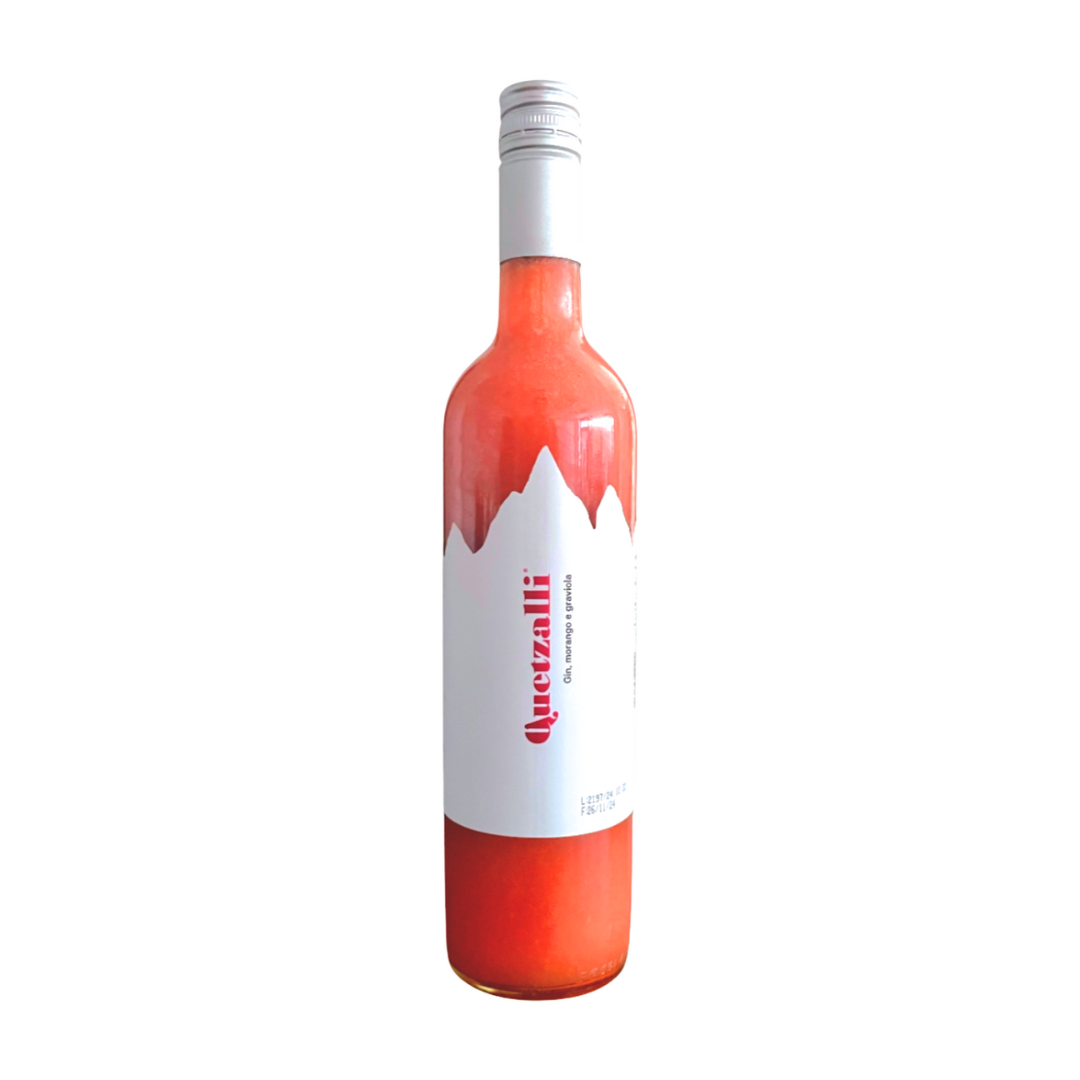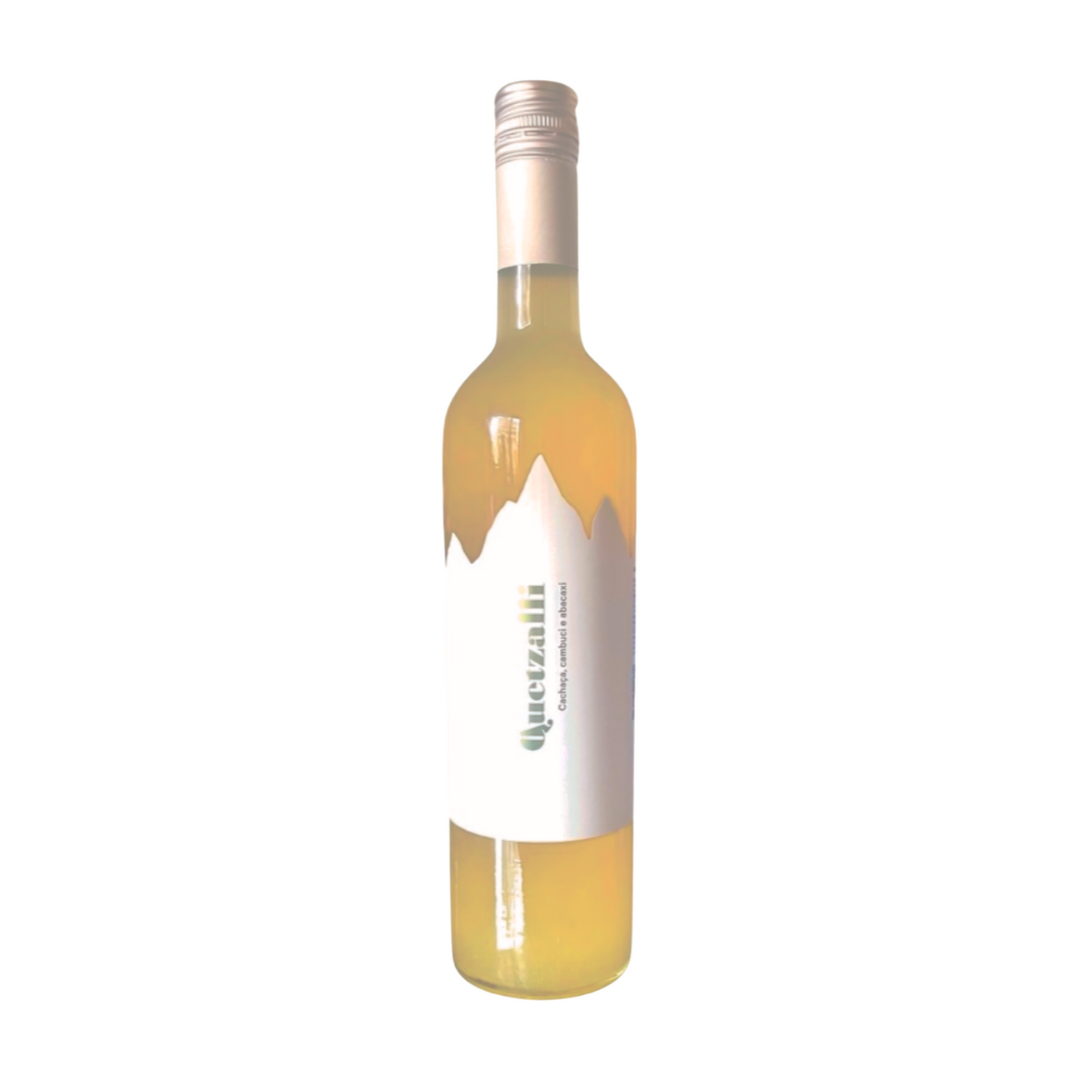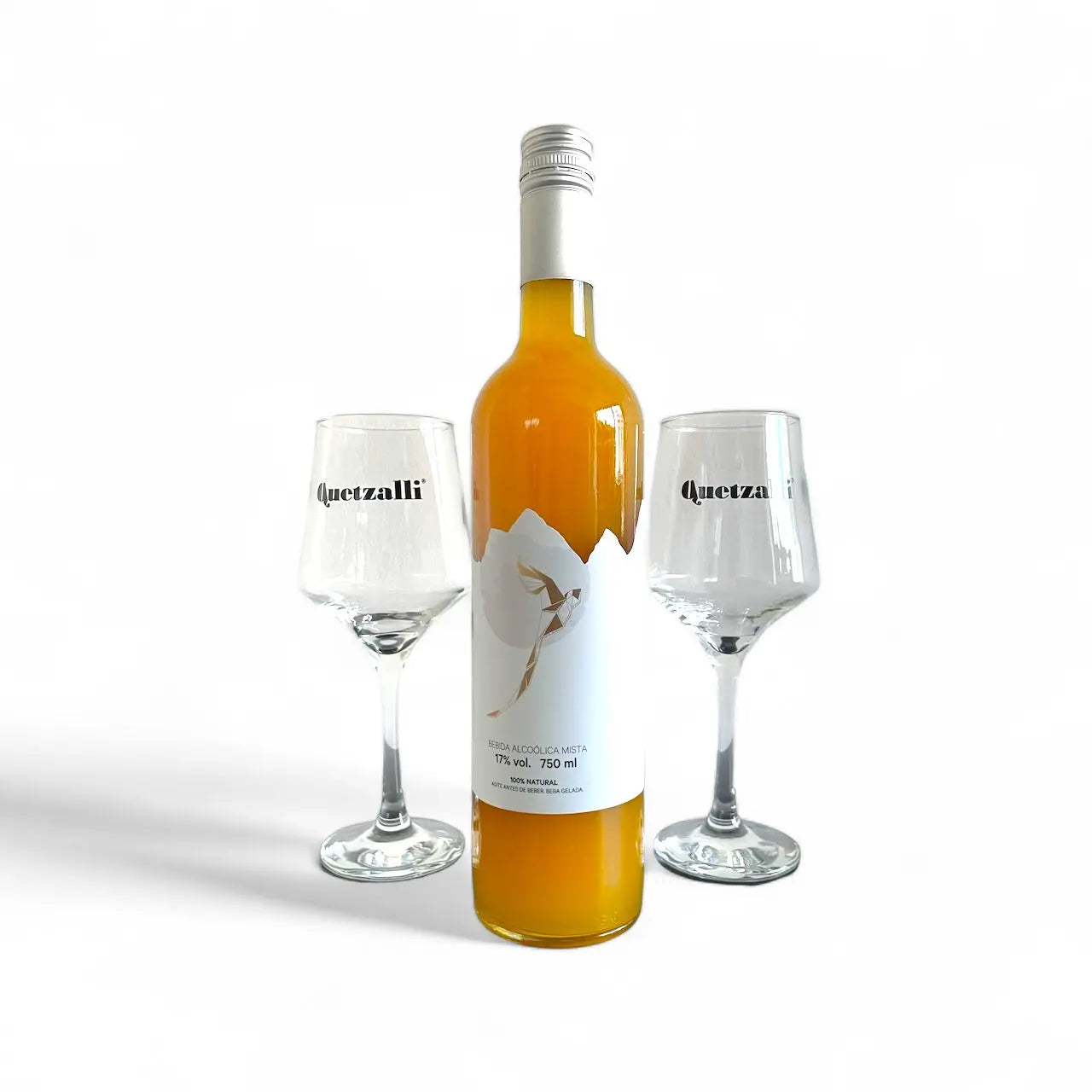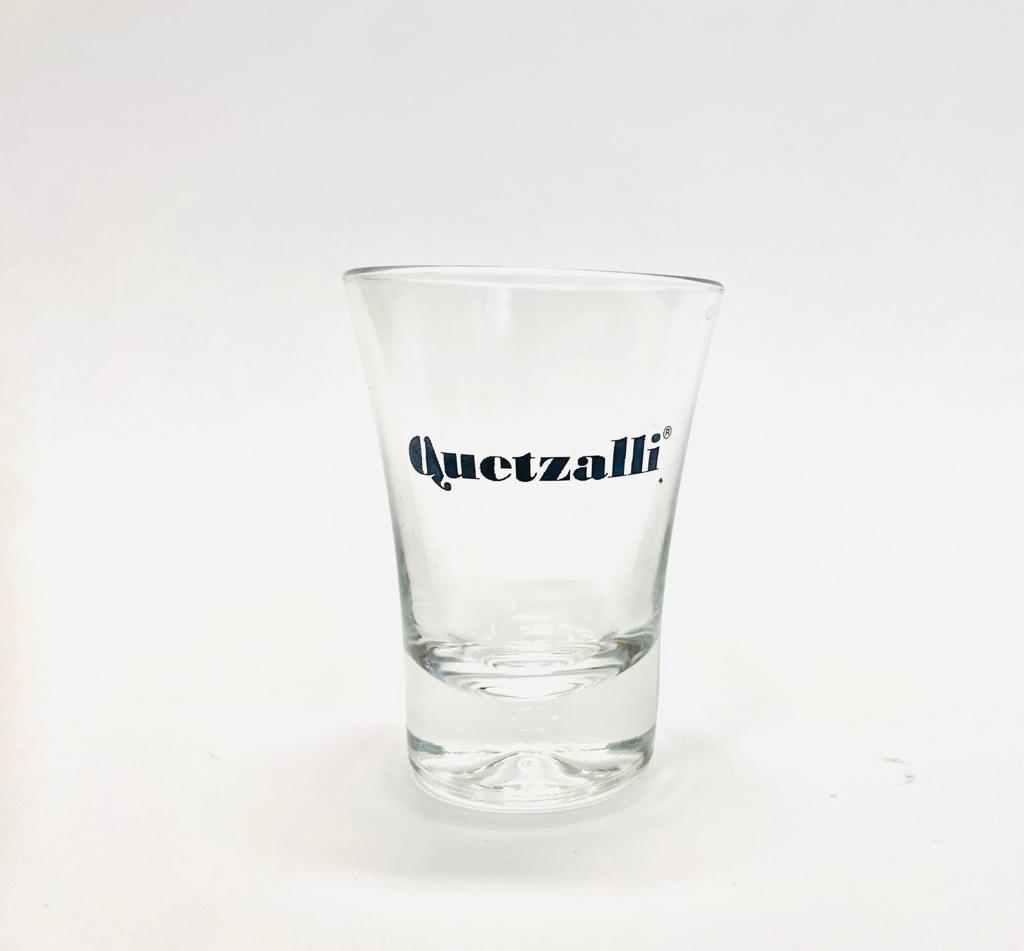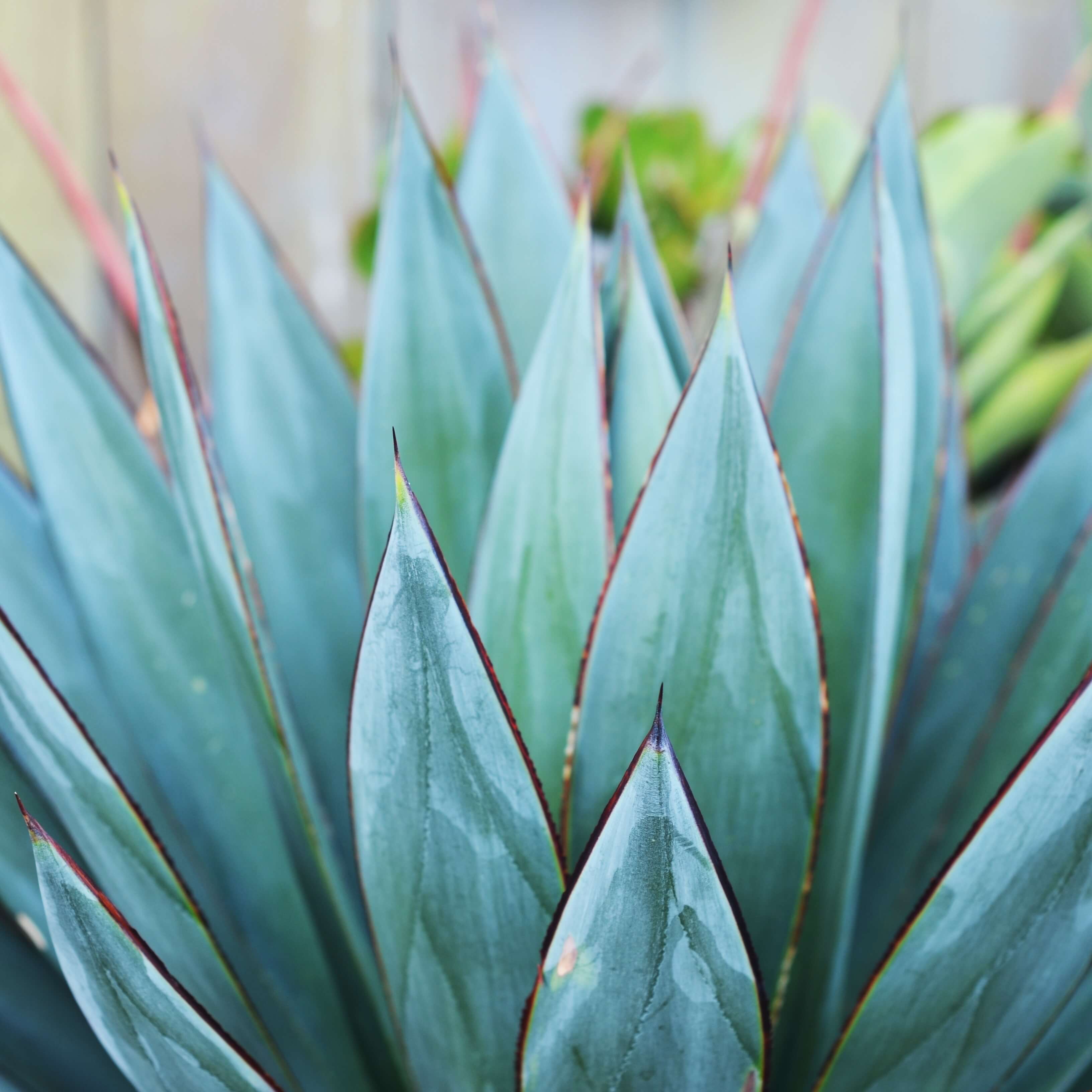When we talk about tequila, most people immediately associate it with Mexico. And rightly so. Tequila is a Mexican national symbol, a drink made exclusively from the blue agave plant (Agave tequilana), grown primarily in specific regions of Mexico. But the question arises: is there Brazilian tequila? The short answer is "no." And in this article, we'll explain why Brazil can't produce tequila and which drinks most closely resemble it in our country.
What is tequila?
Before we address the issue of tequila production outside of Mexico, it's important to understand what tequila actually is. Tequila is a distilled beverage made from the blue agave plant, a plant native to Mexico. There are different types of tequila, classified primarily by aging time: Blanco , Reposado , Añejo , and Extra Añejo . Each of these styles has its own characteristics in terms of flavor, aroma, and complexity.
For a drink to be legally considered tequila, it must be produced according to strict regulations established by the Tequila Regulatory Council (CRT) , a Mexican organization responsible for ensuring the authenticity of the drink. These regulations include the use of blue agave and production in specific geographic areas of Mexico.
The Denomination of Origin of Tequila
Like Champagne in France or Port wine in Portugal, tequila is protected by a Controlled Designation of Origin (DOC) . This designation was established to protect the authenticity of the spirit and ensure that only products made in compliance with established standards can be marketed as "tequila."
Tequila's designation of origin limits its production to specific regions of Mexico. Authorized areas for tequila production include the state of Jalisco (where the city of Tequila is located) and limited parts of four other states: Guanajuato, Michoacán, Nayarit, and Tamaulipas. Only in these regions, under specific conditions, is the word "tequila" permitted to be used to describe the drink.
This means that even though other countries, like Brazil, can cultivate the agave plant, they don't have the legal right to produce and market a spirit called tequila. This protection system is similar to what happens with other spirits of controlled origin, such as Scotch whisky or French cognac.
Why can't Brazil produce tequila?
There are several reasons why Brazil cannot legally produce a spirit called tequila, the main one being the Denomination of Origin . As mentioned previously, tequila production is strictly tied to certain Mexican regions, and any spirit made outside of these areas cannot use the name "tequila."
1. Protected Designation of Origin (PDO)
Tequila has been protected by the Mexican Designation of Origin since 1974, ensuring that only spirits produced in specific regions of Mexico can be called "tequila." Brazil, being a country outside this protected area, is not legally permitted to use this designation, even if it attempted to replicate the production process.
The Denomination of Origin (DDO) aims to maintain the authenticity and tradition of the drink, protecting it from imitations and guaranteeing its quality. This practice is common in several regions of the world for iconic products such as Parmesan cheese, Champagne, and Port wine itself. In the case of tequila, only Mexico holds the production rights.
2. Blue agave and its cultivation
Although Brazil has a tropical climate and conditions that could theoretically allow for agave cultivation, the blue agave plant, specifically for tequila production, has very unique characteristics. It grows best in semiarid regions with volcanic soil, such as that found in the state of Jalisco, Mexico.
Furthermore, the blue agave's growth cycle is long, taking 7 to 10 years to reach maturity. Even if Brazil were able to cultivate this plant domestically, the process is time-consuming and expensive, which could hinder large-scale production. However, the biggest barrier is not the cultivation of the agave itself, but rather the geographic restrictions imposed by the Denomination of Origin.
And what does Brazil have in common with tequila?
Although Brazil cannot produce tequila, the country is famous for its vast production of cachaça, a distilled beverage made from sugarcane. Cachaça is widely consumed in Brazil and is the base for the famous Brazilian cocktail, the caipirinha.
Cachaça and tequila share some similarities: both are distilled beverages made from plants (agave in the case of tequila and sugarcane in the case of cachaça), and are known for their intensity and versatility in cocktails. Although the ingredients are different, some Brazilians compare white cachaça, also known as silver cachaça , to blanco tequila because of its fresh flavor and relatively recent distillation.
In addition to cachaça, Brazil also produces other artisanal distilled beverages, such as fruit brandies and regional spirits, which can often offer a rich and diverse experience to alcoholic beverage lovers.
Alternatives to tequila in Brazil
If you're in Brazil and looking for something similar to tequila, there are a few alternatives to consider. While the country can't produce tequila, there's growing interest in similar spirits, such as mezcal , another Mexican drink made from different varieties of agave. Like tequila, mezcal has a strong cultural identity and a traditional production process.
Another option is to explore cachaça variations and their uses in cocktails. There are aged cachaças, which can offer a tasting experience similar to that of reposado or añejo tequilas, with woody notes and complex flavors. Craft cachaça brands are gaining increasing prominence on the international scene, often rivaling premium spirits.
Tequila in Brazil: an expanding market
Although Brazil doesn't produce tequila, the import market for the spirit is growing. Tequila's popularity has increased among Brazilians, both in cocktails like margaritas and enjoyed on its own, especially with the growing interest in premium tequilas.
Renowned Mexican brands are increasingly present in the country, and tequila consumption at events and parties has become common. With increasing supply and demand, various tequilas are available in specialty stores and supermarkets, allowing Brazilians to enjoy this iconic beverage.
Conclusion
The answer to the question "Is there Brazilian tequila?" is clear: no, there isn't. Brazil cannot produce tequila due to the Controlled Designation of Origin (DNO), which protects this spirit exclusively for Mexico. However, this doesn't stop Brazilians from enjoying and consuming tequila, a spirit rich in tradition and flavor.
While the country can't produce tequila, it can celebrate its own spirits heritage with cachaça, an equally complex and versatile drink. For spirits lovers, whether tequila or cachaça, the important thing is to value the artisanal process and culture surrounding these beverages, creating unique experiences with every sip.


